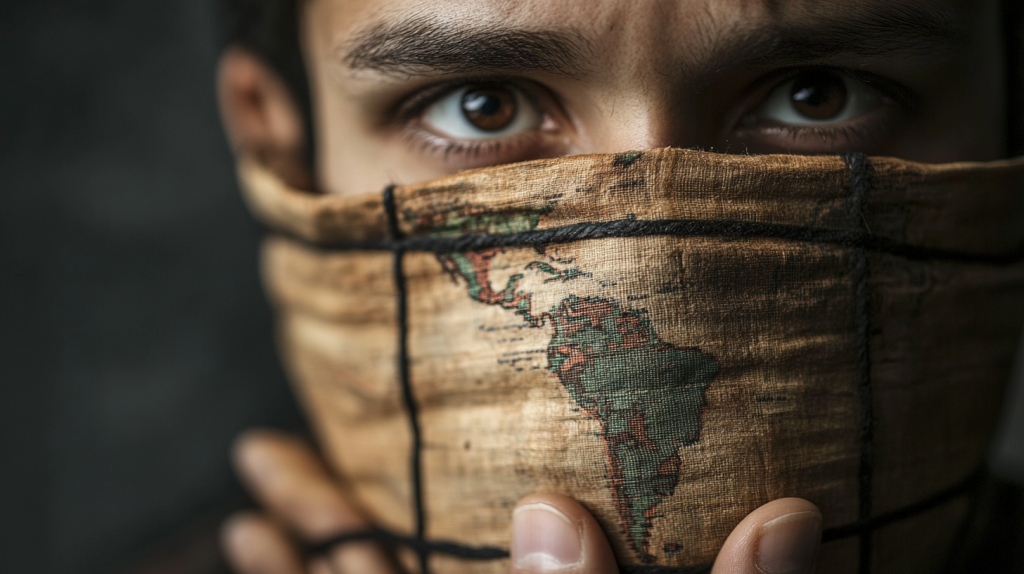Freedom of expression is a fundamental human right, yet many countries around the world still impose strict censorship on their citizens. These restrictions can affect various aspects of life, from media and internet access to personal communication and artistic expression. Censorship often serves as a tool for governments to control information flow, suppress dissent, and maintain power.
Sometimes, those of us lucky enough to live in places where we can choose what to say, what to watch, and what websites to visit with minimal government oversight and prohibitions don’t realize just how lucky we are compared to those living under puritanical governments who impose insane censorship regulations on their citizens.
North Korea
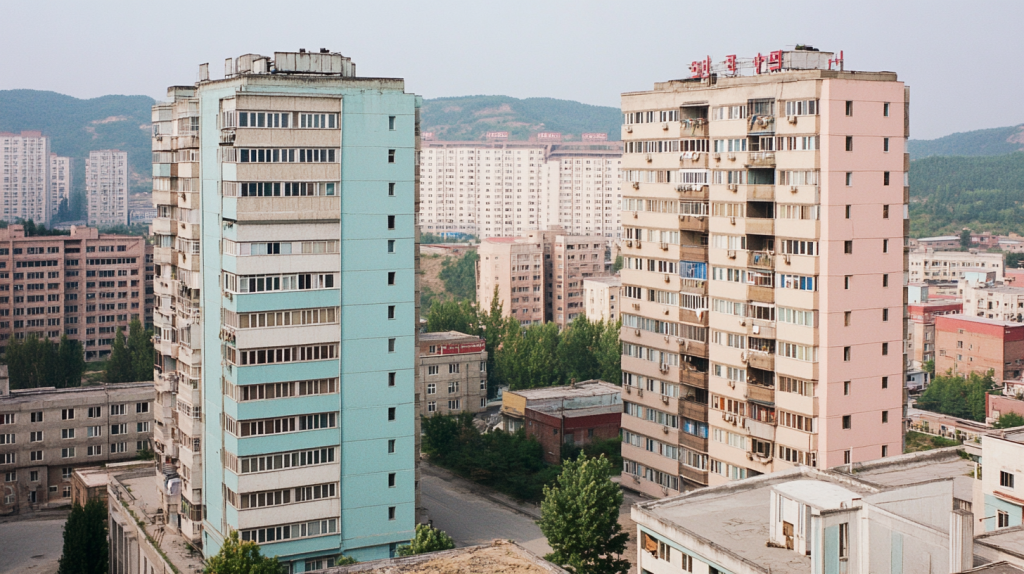
North Korea tops the list as the most censored country in the world. The government maintains a tight grip on all forms of media, with no independent journalists allowed to operate freely. Citizens have access only to state-controlled information, and foreign media is strictly prohibited. Internet access is limited to a government-controlled intranet, effectively cutting off the population from the outside world.
Eritrea
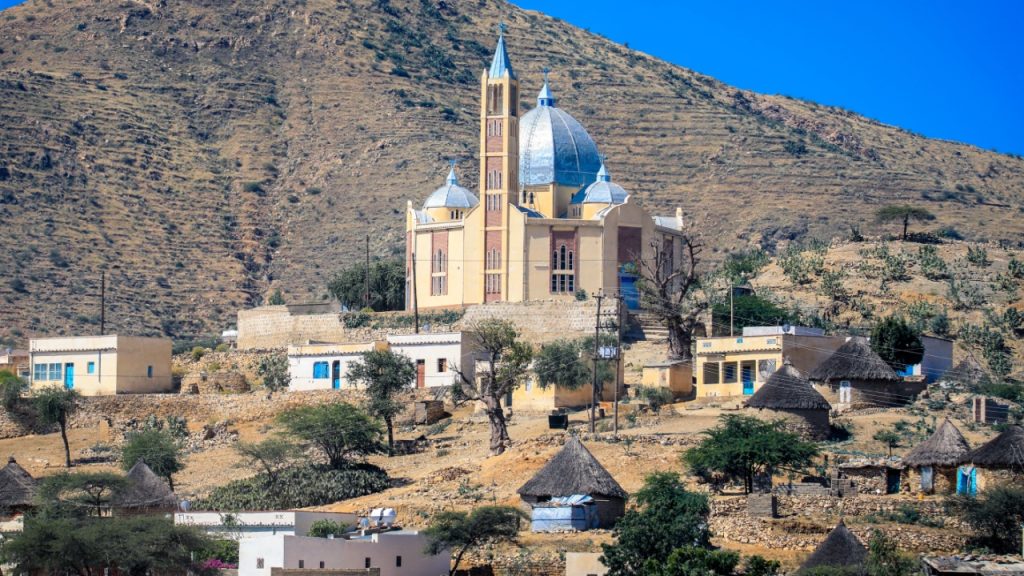
Eritrea, often called the “North Korea of Africa,” has no independent media. The government controls all broadcasting and print media, and journalists face constant threats of arrest and imprisonment. Internet access is severely limited, with only about 1% of the population having access to the web. The few independent journalists who operate do so from exile, risking severe consequences if they return.
Turkmenistan
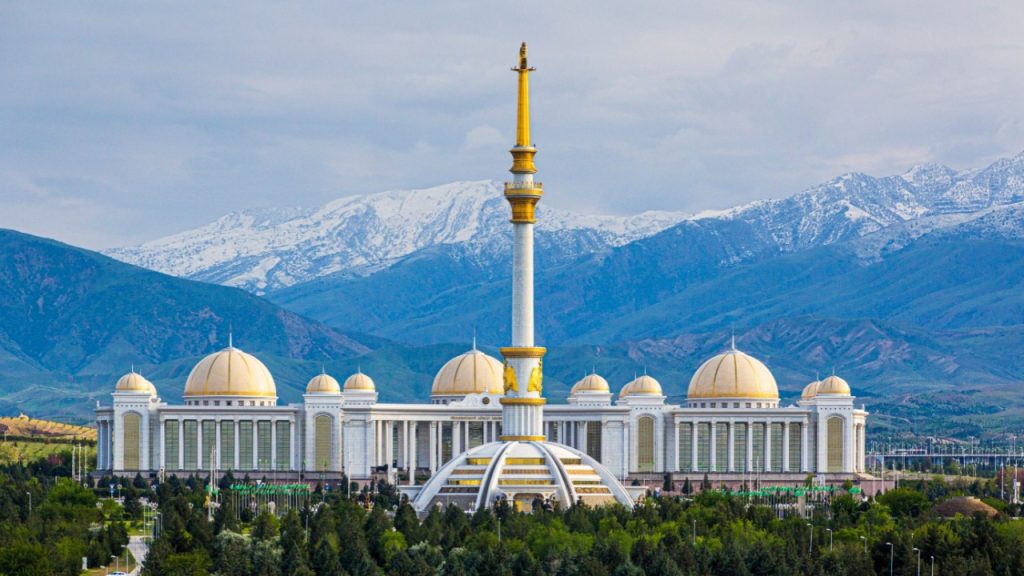
In Turkmenistan, the government exercises complete control over the media landscape. Independent journalism is non-existent, and foreign news sources are heavily restricted. The internet is heavily censored, with many websites blocked and social media platforms often inaccessible. The state monitors all forms of communication, including phone calls and emails.
Saudi Arabia
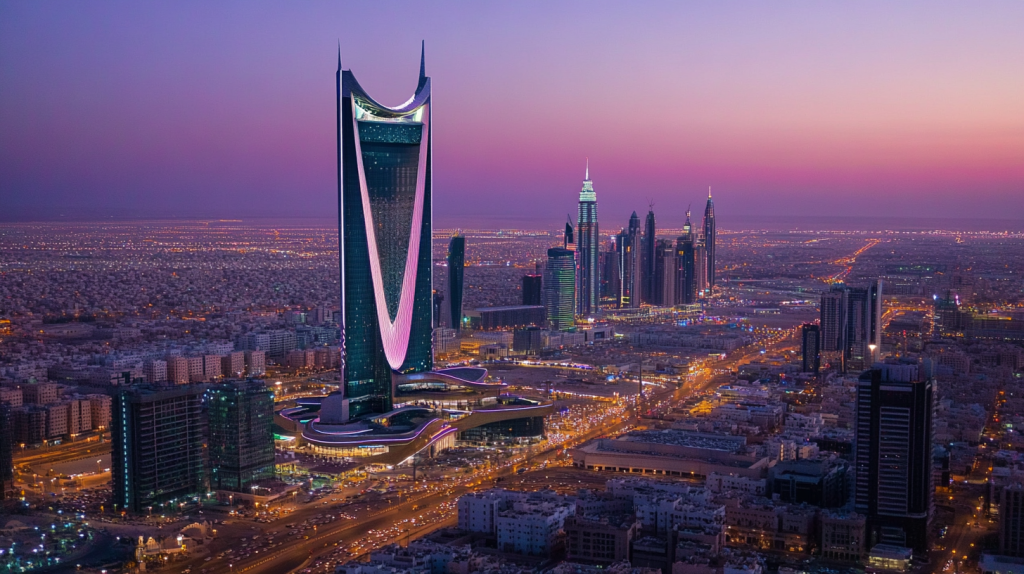
Saudi Arabia imposes strict censorship on both traditional and social media. The government blocks access to numerous websites and monitors online activities closely. Journalists and bloggers face severe penalties, including imprisonment and corporal punishment, for criticizing the government or discussing sensitive topics. Self-censorship is widespread due to fear of repercussions.
China
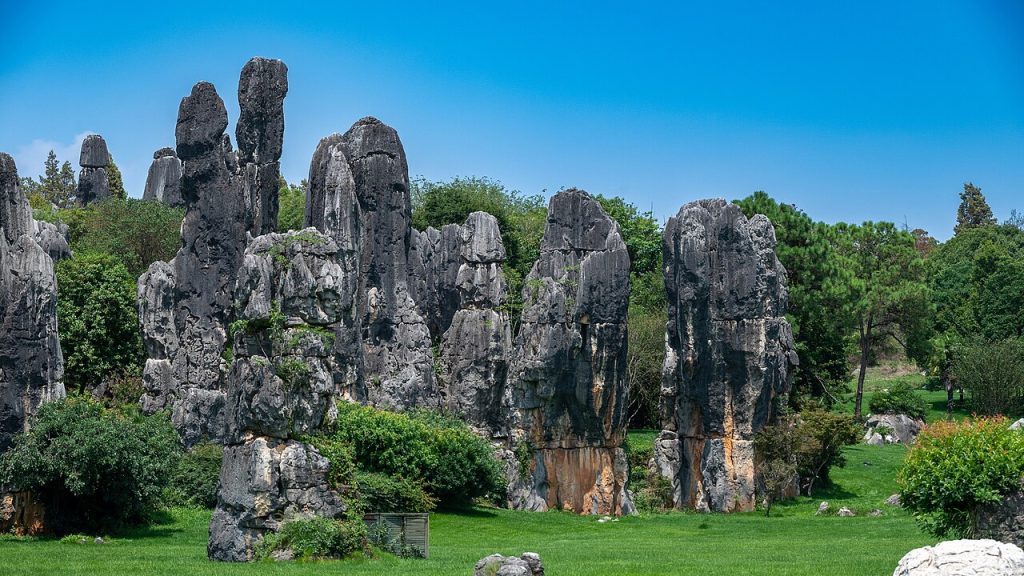
China operates one of the most sophisticated censorship systems in the world, often referred to as the “Great Firewall.” The government blocks access to many foreign websites and social media platforms, replacing them with heavily monitored domestic alternatives. Online content is closely scrutinized, and topics deemed sensitive are quickly removed. Traditional media is also tightly controlled by the state.
Vietnam
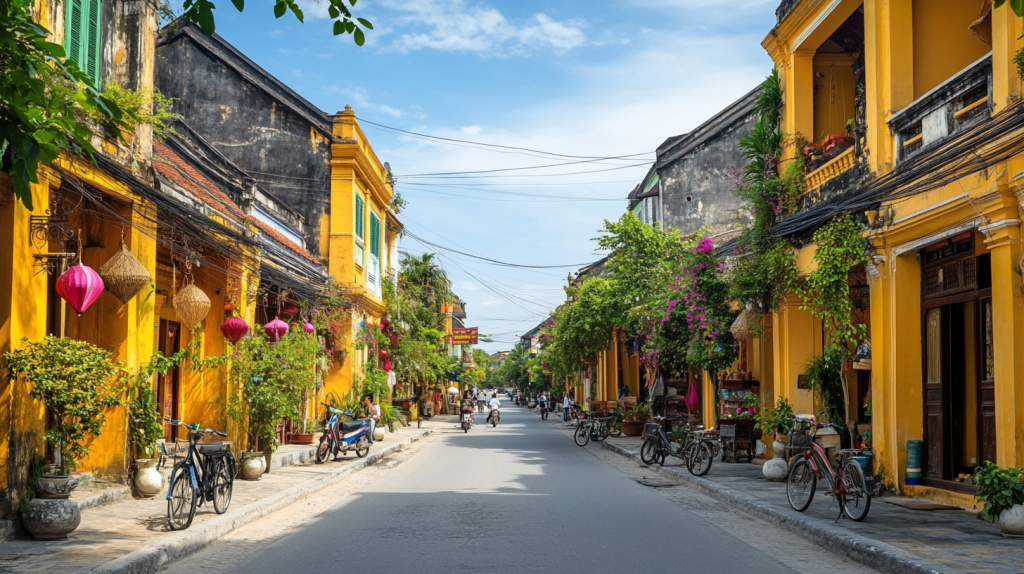
Vietnam’s government maintains strict control over all forms of media. Independent journalists and bloggers face harassment, arrest, and long prison sentences for criticizing the government or reporting on sensitive issues. Internet access is filtered, with many websites blocked and social media platforms closely monitored. Self-censorship is common due to fear of reprisals.
Iran
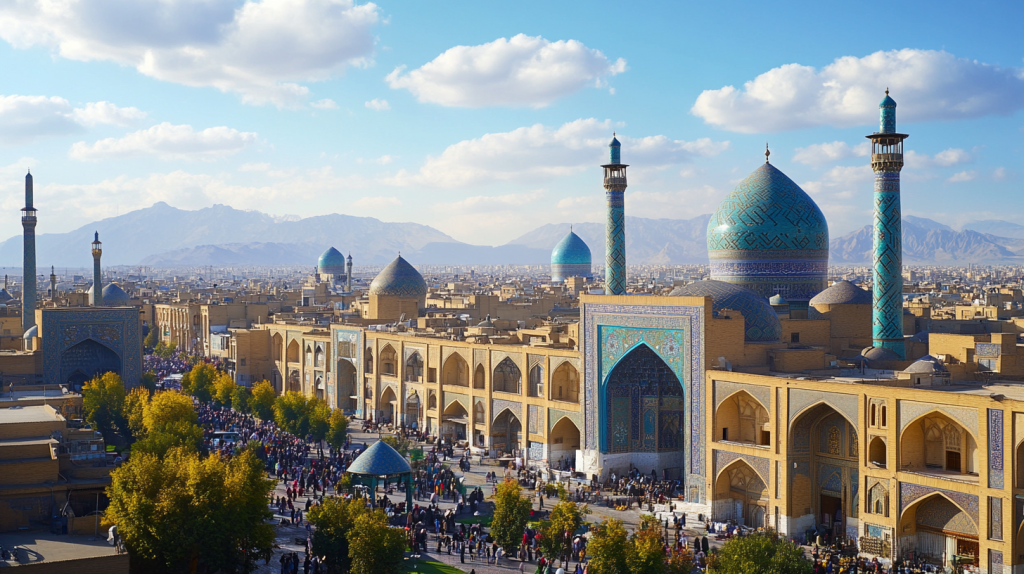
Iran heavily censors both traditional and online media. The government blocks access to numerous websites and social media platforms, and closely monitors online activities. Journalists and bloggers face arrest and imprisonment for reporting on sensitive topics or criticizing the government. The state also jams foreign satellite broadcasts to limit access to outside information.
Cuba
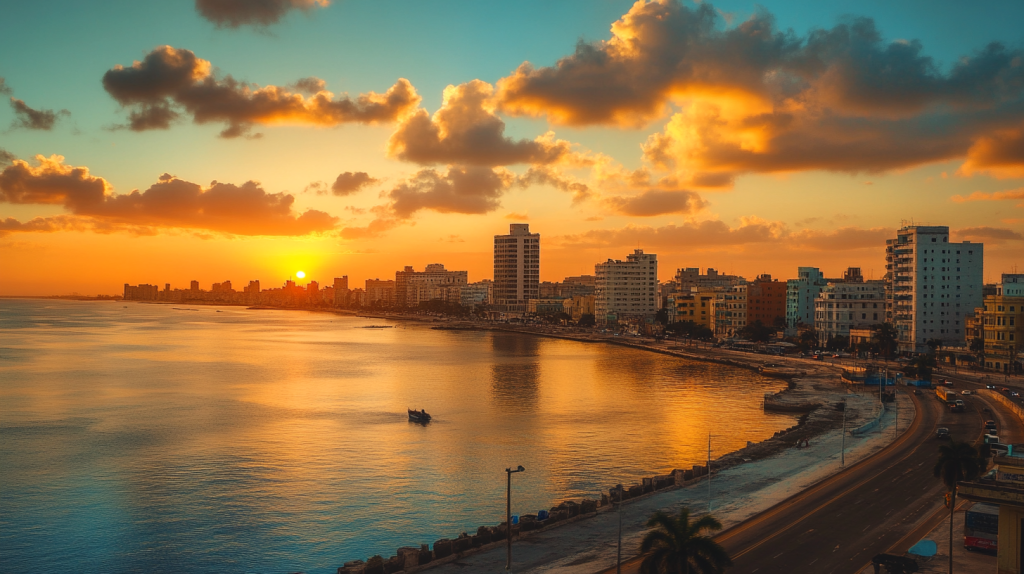
Cuba’s media landscape is dominated by state-controlled outlets. Independent journalism is effectively outlawed, with reporters facing harassment and imprisonment. Internet access is limited and expensive, with the government controlling the infrastructure and monitoring online activities. Many websites are blocked, and access to foreign media is restricted.
Syria
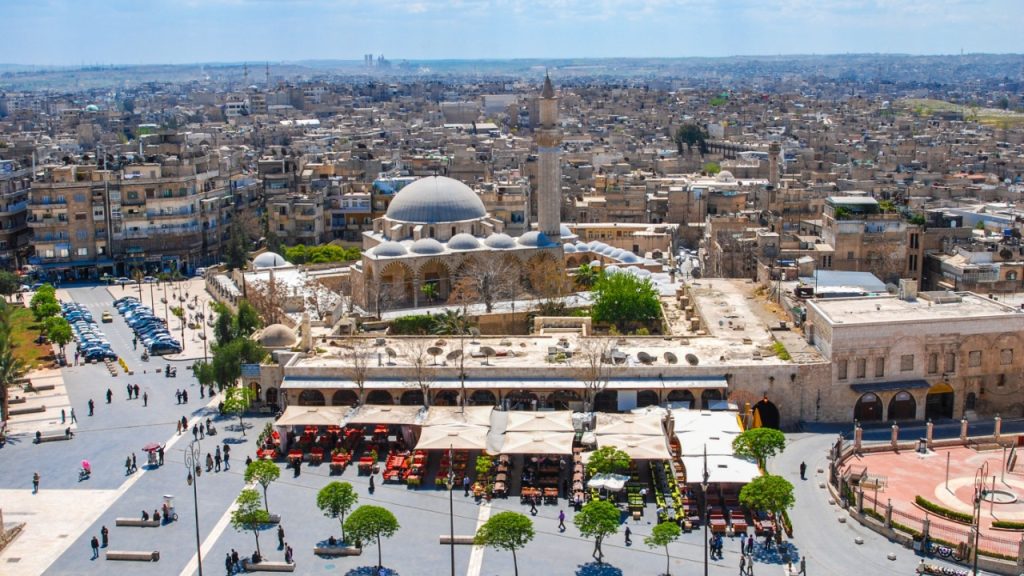
In Syria, the ongoing conflict has exacerbated already strict censorship practices. The government tightly controls traditional media and imposes severe restrictions on internet access. Independent journalists face extreme dangers, including arrest, torture, and execution. Many areas of the country have limited or no internet access due to infrastructure damage from the war.
Equatorial Guinea
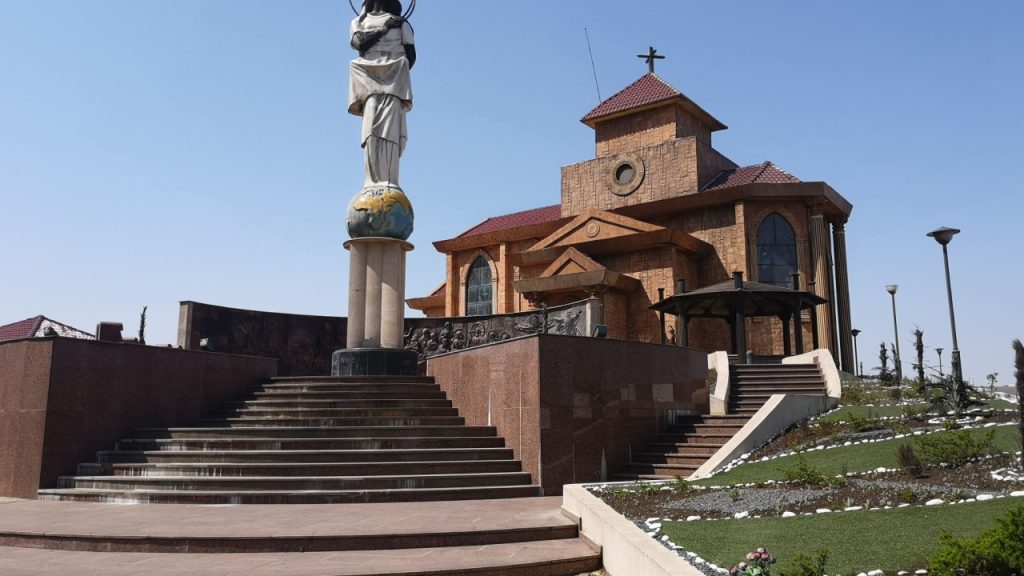
Equatorial Guinea’s government maintains a tight grip on all forms of media. There are no independent news outlets, and foreign journalists are rarely allowed into the country. Internet access is limited and heavily monitored, with many websites blocked. Criticism of the government is not tolerated, leading to widespread self-censorship.
Belarus
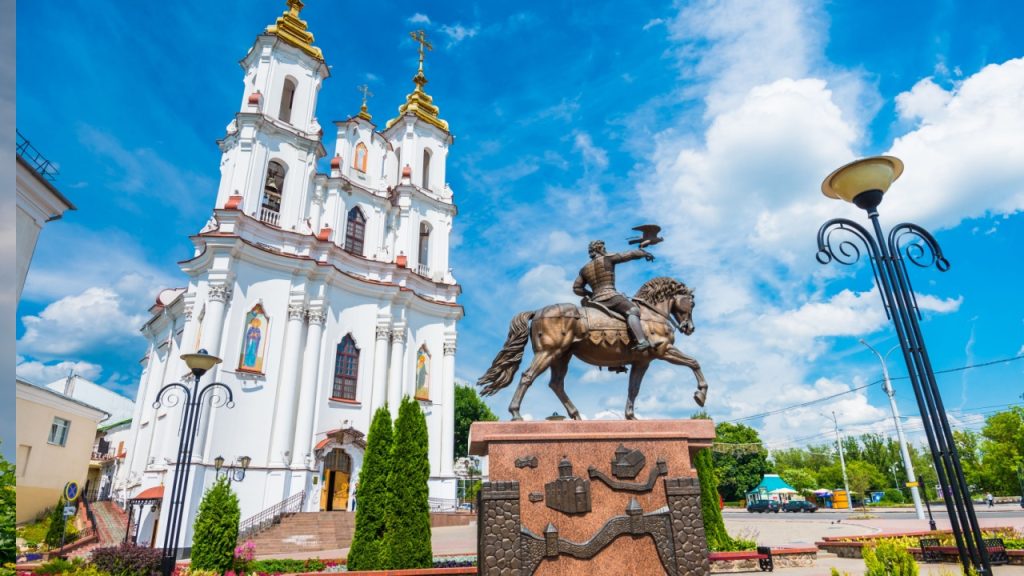
Belarus, often called “Europe’s last dictatorship,” imposes severe restrictions on media freedom. The government controls most media outlets and regularly harasses and imprisons independent journalists. Internet access is monitored, with many websites blocked and social media platforms occasionally restricted. During times of political unrest, internet blackouts are common.
Laos
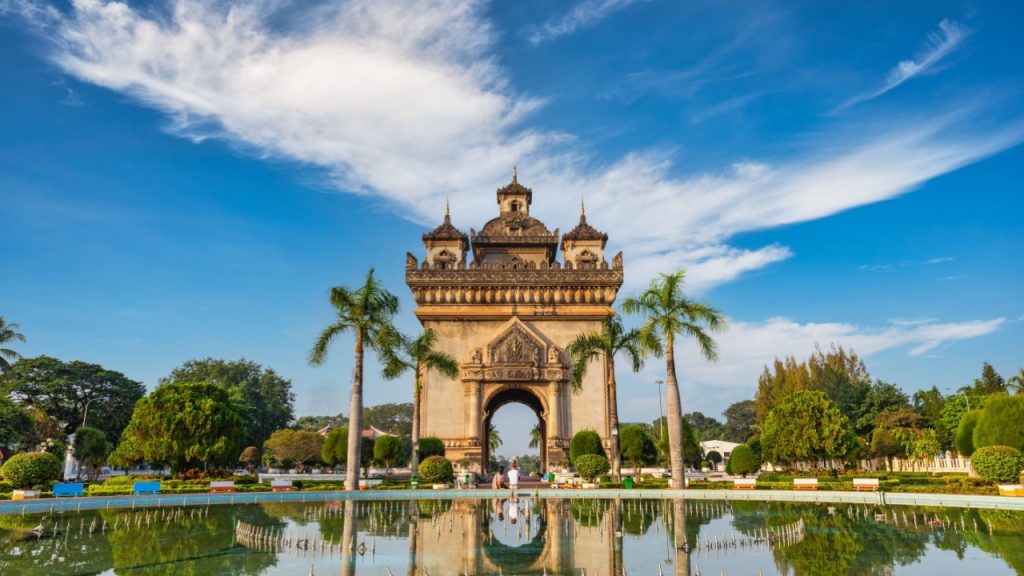
Laos maintains strict control over its media landscape. All television, radio, and printed publications are state-controlled. Independent journalism is effectively non-existent, with harsh penalties for those who criticize the government. Internet access is limited and monitored, with many websites blocked and social media activities closely watched.
Yemen
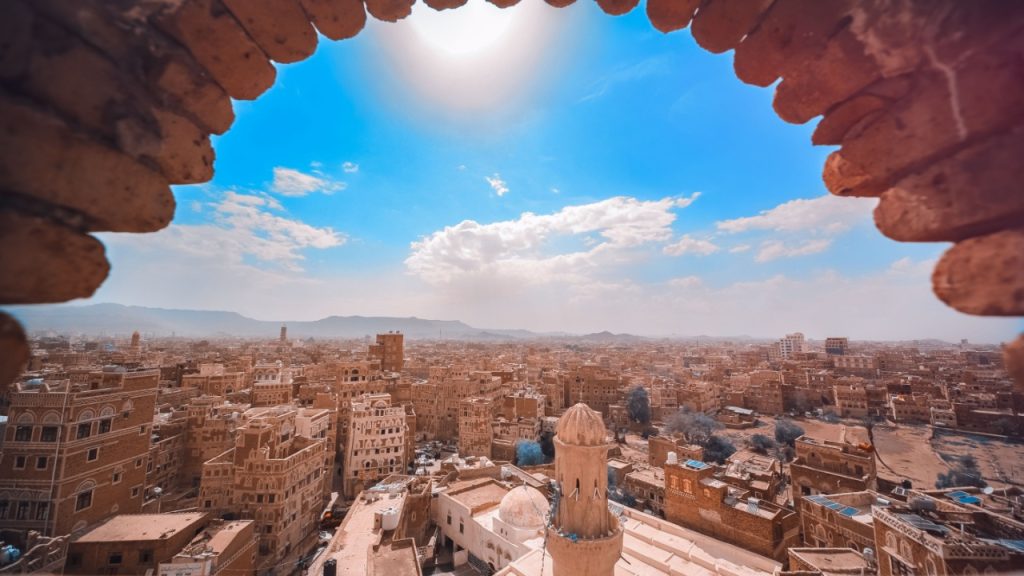
Yemen’s ongoing conflict has led to severe restrictions on press freedom. Journalists face extreme dangers, including kidnapping, torture, and murder. The warring factions control different media outlets, leading to highly partisan and censored reporting. Internet access is limited due to infrastructure damage, and many websites are blocked.
Uzbekistan
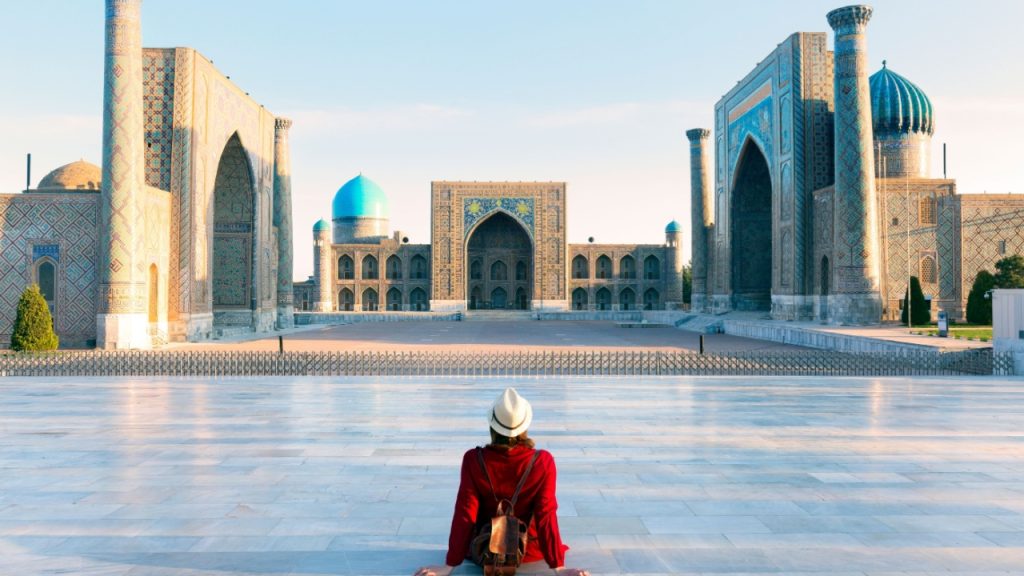
Uzbekistan’s government maintains tight control over the media landscape. Independent journalism is severely restricted, with reporters facing harassment and imprisonment. Internet access is monitored and filtered, with many websites and social media platforms blocked. Self-censorship is widespread due to fear of government reprisals.
Azerbaijan
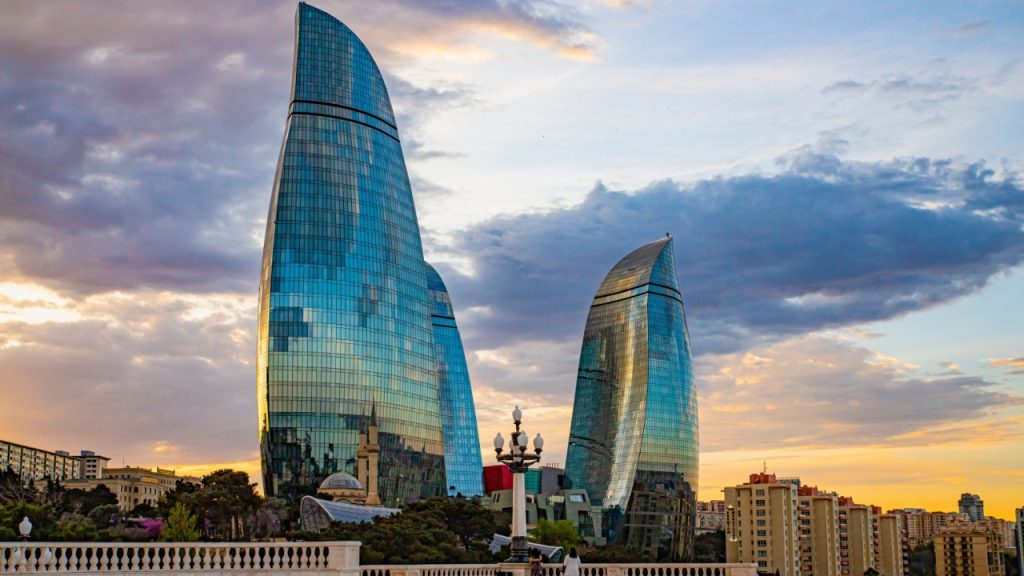
Azerbaijan imposes significant restrictions on press freedom. The government controls most media outlets and regularly harasses and imprisons independent journalists. Internet access is monitored, with many websites blocked and social media activities closely watched. Criticism of the government or reporting on corruption can lead to severe consequences for journalists and bloggers.
Katy Willis is a writer, master herbalist, master gardener, and certified canine nutritionist who has been writing since 2002. She’s finds joy in learning new and interesting things, and finds history, science, and nature endlessly fascinating.
